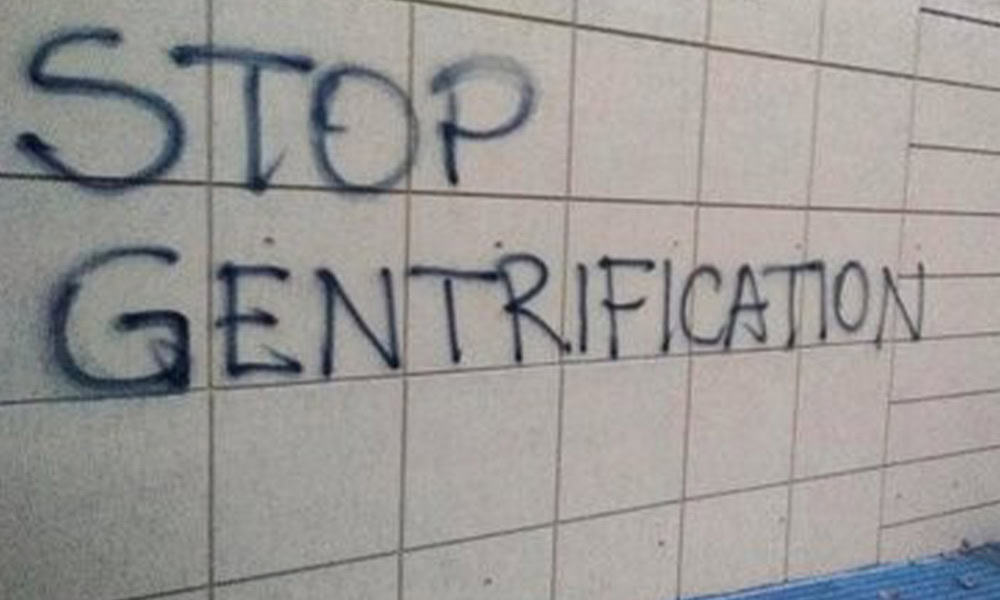A group of Costa Ricans will protest gentrification this upcoming Friday at 10 a.m. in front of the Legislative Assembly. According to the organization “No to Gentrification in Costa Rica,” the event will begin at 10:00 a.m., where demonstrators will gather to write posters expressing their discontent with the situation.
The organizers emphasized that this is a peaceful protest, and participants will be able to share their stories on how gentrification affects their communities and territories, as well as their opinions on the matter. The group wrote a document, which will be read aloud, with their demands. It includes concrete proposals and testimonies from people affected by the social and economic phenomenon.
Among the main concerns are the construction of empty apartment towers due to high rents beyond the reach of locals, the lack of water in some communities while resources are allocated to luxury hotels and private homes, and the arrival of gated communities of foreigners that increase prices and disrupt local life.
The document also points to the dollarization of communities, the increased use of English over Spanish, and the decline of national celebrations in favor of foreign ones, all part of a transformation process that is displacing Costa Ricans from their own spaces.
The group has several demands, including the regulation of the real estate profession so that only Costa Ricans or naturalized citizens who speak Spanish can work in this sector, the elimination of the investor visa that grants residency for purchasing properties in the country, and the implementation of policies that guarantee decent housing for Costa Ricans.
They also advocate for the protection of local water sources and ecosystems, understanding that access to water is a fundamental right. “If there is no water for local people, there should be no water for hotel swimming pools or for irrigating golf courses,” they said.
According to the Oxford Languages dictionary, gentrification is known as the process whereby the character of a poor urban area is changed by wealthier people moving in, improving housing, and attracting new businesses, typically displacing current inhabitants in the process






